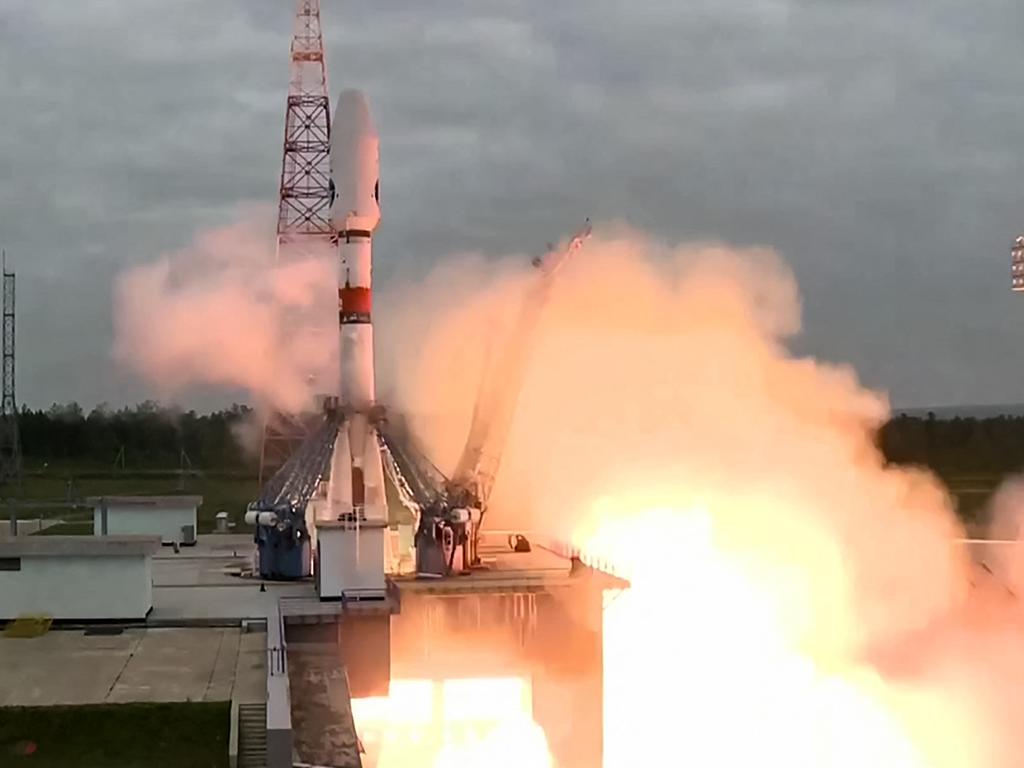Hope fades for India’s moon lander after it fails to wake up
India has lost contact with its Vikram lunar lander after extreme cold at the moon’s south pole apparently damaged communications equipment.

India has lost contact with its Vikram lunar lander after extreme cold at the moon’s south pole apparently damaged communications equipment.
Scientists at the Indian Space Research Organisation (Isro) have been trying to contact both the Vikram lander and the Pragyan rover from the pioneering Chandrayaan-3 mission since putting them into “sleep” mode earlier this month.
The probes had previously been deployed and gathering data as planned but now scientists fear that the temperatures during the lunar night – which can drop to between minus 200C and minus 250C – may have cut off contact.
“Efforts have been made to establish communication with the Vikram lander and Pragyan rover to ascertain their wake-up condition. As of now, no signals have been received from them. Efforts to establish contact will continue,” Isro said in a post on X/Twitter on Friday.
The attempts will continue until the next sunset on the moon, which is due on October 6.
On August 23 India became the first country to manage the feat of a soft landing on the surface of the moon’s south pole when the lander touched down successfully, five days after a rival Russian attempt failed.

The Chandrayaan-3 mission – whose name means “moon craft” in Hindi – cost $US75 million ($117m) in total and the rover, which was inside the lander, rolled out smoothly.
The lander remained parked and the rover started moving around gathering data and images.
Updates over the first fortnight showed that all was going well. On September 2 the lander and rover were parked and put into “sleep” mode for the lunar night, which lasts about 14 days on Earth.
At the time of putting the lander and rover to sleep, the space agency said that it hoped for a successful awakening that would allow the two devices to embark on a fresh set of tasks.
However, if this failed to happen, the agency said the craft “will forever stay there as India’s lunar ambassador”.

Alur Seelin Kiran Kumar, a former chairman of Isro, told the BBC that the “chances of reawakening are dimming with each passing hour”.
He said the night-time temperatures as low as minus 250C might have damaged the components, including the batteries.
Mylswamy Annadurai, a former Isro scientist, was more optimistic, telling the Hindustan Times that the chances of reviving the rover, if not the lander, were good.
“I am pretty hopeful about the rover because it has been tested, but with respect to the lander, we will have to wait and see,” he said.
If the two spacecraft have survived their first lunar night, the space agency expects them to continue operating and completing tasks as scheduled for more than six months.
The Times






To join the conversation, please log in. Don't have an account? Register
Join the conversation, you are commenting as Logout